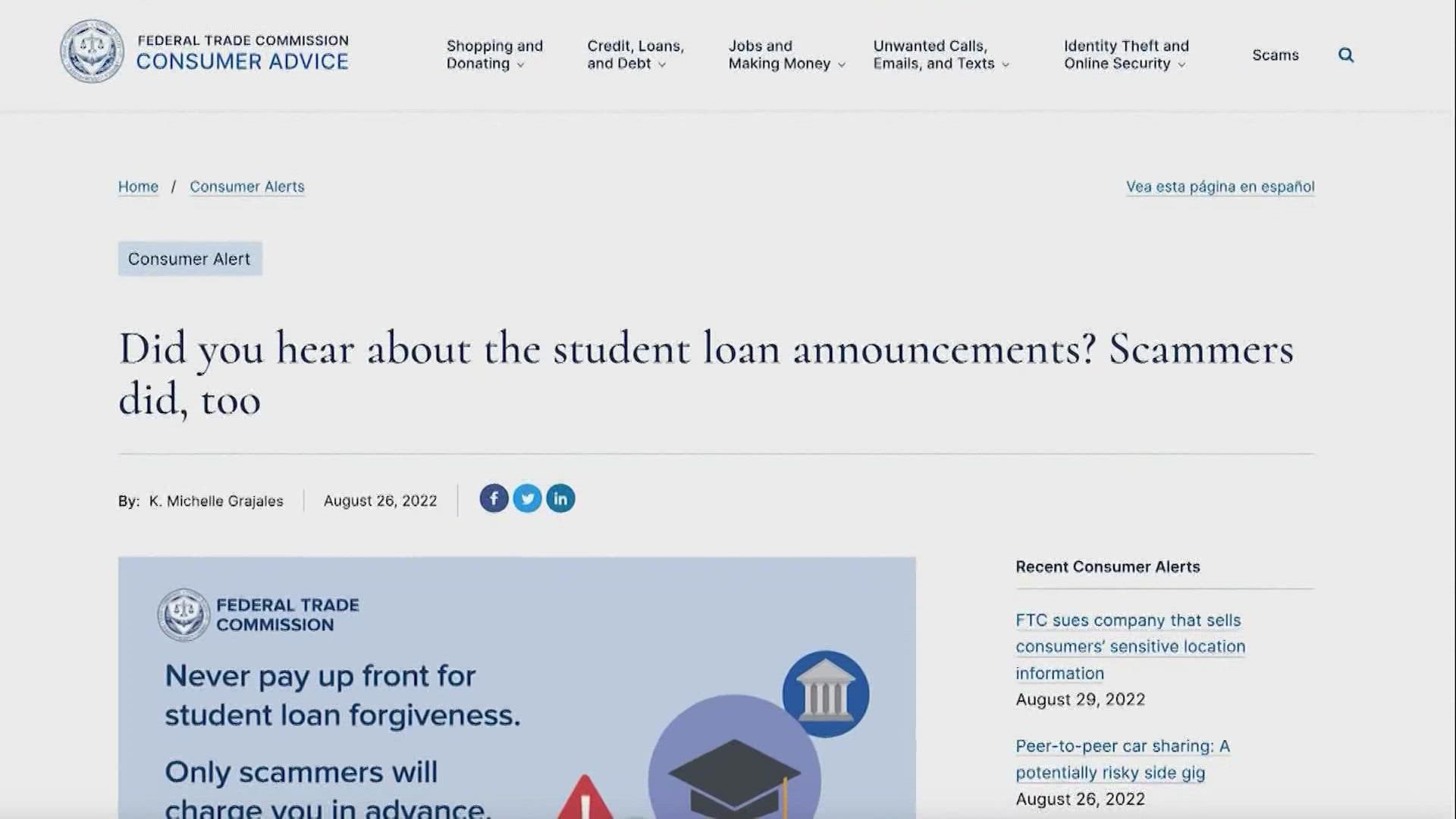No one wants to pay more in taxes than they have to. In order to cut your tax bill as low as it can go, smart taxpayers think about their taxes not only when they're preparing their returns but throughout the course of the year. Taking action sooner rather than later is the best course in most cases, and sometimes, it's the only way to do things in the best way possible while avoiding some common mistakes. Below, we'll talk about three key tax mistakes that people often make, along with some of the solutions to help you keep from making them.
Mistake No. 1: Not using tax-favored accounts
![635926998440892798-ThinkstockPhotos-474218624.jpg [image : 81326850]](http://www.gannett-cdn.com/media/2016/03/04/USATODAY/USATODAY/635926998440892798-ThinkstockPhotos-474218624.jpg)
One of the best ways to pay less in tax is to tap into the opportunity to reduce your taxable income by using the many different types of tax-favored accounts that the IRS allows. Most people are familiar with special types of accounts that can assist with retirement savings, including IRAs, 401(k) plans, and other employer-sponsored retirement plans.
But there are other ways to cut your tax bill as well. If you're saving for educational expenses for yourself or for a child, then using special accounts for educational savings can give you tax benefits. 529 plans and Coverdell Education Savings Accounts both offer tax-free growth when proceeds are used for approved expenses, and they offer a variety of investments to help you grow your money. In the healthcare and medical expense realm, health savings accounts and flexible spending accounts can give you tax benefits for your medical spending, and health savings accounts in particular also make room for investments that can grow in value. Even some investment products, including annuities and life insurance policies, offer tax deferral.
You don't have to use all of these accounts toward tax reduction. But if you choose not to use them to their fullest, then you're leaving money on the table for Uncle Sam to pick up and keep for himself.
Mistake No. 2: Selling your winners too soon
![635926999527439763-ThinkstockPhotos-171331596.jpg [image : 81326936]](http://www.gannett-cdn.com/media/2016/03/04/USATODAY/USATODAY/635926999527439763-ThinkstockPhotos-171331596.jpg)
Many investors jump at the chance to lock in a profit on a winning stock pick. Given the current uncertainty in the market, it can be tempting to sell and turn paper gains into cold hard cash before a market downturn can take them away from you.
The problem is that there's a tax catch to taking profits. When you sell a winning investment, you have to pay capital gains tax, and the tax rate you pay depends on how long you owned the investment. Hold it a year or less, and you'll pay your ordinary rate of as much as 39.6%. Hold it more than a year, and the maximum is 20%, with many taxpayers paying lower rates of 15% or even 0%.
Therefore, if you have a profit on a stock, consider waiting until you've owned it for at least a year and a day. Or better yet, never sell it at all if you believe that its long-term prospects are sound. Capital gains taxes are just an example of how long-term investing can be rewarding.
Mistake No. 3: Not paying estimated tax
![635927000199492071-ThinkstockPhotos-137042393.jpg [image : 81326996]](http://www.gannett-cdn.com/media/2016/03/04/USATODAY/USATODAY/635927000199492071-ThinkstockPhotos-137042393.jpg)
Most people have enough money withheld from their paychecks to avoid any sort of tax penalties for underpayments of tax. However, if you are self-employed or have substantial amounts of outside income, you might need to look at your withholding to make sure it's sufficient. Typically, you need to have at least 90% of your current year tax liability withheld, or else you'll have to pay estimated taxes to make up the difference. If you don't, penalties and interest can apply.
Form 1040-ES can help you determine whether you need to make estimated payments. Whether you go that route or simply boost your withholding from your paycheck, it's silly to end up paying interest and penalties just because you weren't paying attention to your tax liability during the year.
Get smarter with your taxes
By avoiding these mistakes, you'll go a long way toward getting your taxes in order both now and in the future. That may not make the IRS happy, but the extra money you could end up with in your pocket will be the perfect reward for your efforts.
SPONSOR CONTENT: The $15,978 Social Security bonus most retirees completely overlook
If you're like most Americans, you're a few years (or more) behind on your retirement savings. But a handful of little-known Social Security secrets could help ensure a boost in your retirement income. In fact, one MarketWatch reporter argues that if more Americans knew about this, the government would have to shell out an extra $10 billion annually. For example: one easy, 17-minute trick could pay you as much as $15,978 more... each year! Once you learn how to take advantage of all these loopholes, we think you could retire confidently with the peace of mind we're all after. Simply click here to discover how you can take advantage of these strategies.
Try any of our Foolish newsletter services free for 30 days. We Fools may not all hold the same opinions, but we all believe that considering a diverse range of insights makes us better investors. The Motley Fool has a disclosure policy.
The Motley Fool is a USA TODAY content partner offering financial news, analysis and commentary designed to help people take control of their financial lives. Its content is produced independently of USA TODAY.


